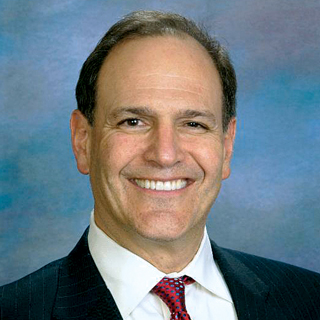
The U.S. Department of Health and Human Services’ Office of Civil Rights continues to carefully move forward to ensure compliance with the Health Insurance Portability and Accountability Act’s Right of Access Initiative for covered entities.
The OCR is concerned that patients promptly receive copies of their medical records and are not overcharged for them.
Challenging for nursing homes? Absolutely!
A nursing home’s compliance and ethics program must address this potential privacy exposure.
The OCR is not known for empty threats. The office just announced its 12th and 13th settlements related to enforcement actions brought through the HIPAA Right of Access Initiative.
In one, the University of Cincinnati Medical Center (UCMC) has agreed to take corrective actions and pay $65,000 to settle a potential violation of the right of access standard.
In May 2019, OCR received a complaint alleging that UCMC failed to respond to a patient’s Feb. 22, 2019, medical records request directing UCMC to send a copy to the complainant’s attorney. OCR determined that compliance with the request was not timely because this was a violation of HIPAA Rules, which include the right of patients to have electronic copies of records sent timely to third parties. UCMC is now required to take corrective action that includes two years of monitoring by OCR.
In April 2019, OCR received a complaint alleging that Elite Primary Care failed to respond to a patient’s request for access to his medical record. In May 2019, OCR provided technical assistance to Elite on the HIPAA right of access requirements and closed the complaint.
In October 2019, OCR received a second complaint alleging that Elite still had not provided the patient with access to his medical record. OCR initiated an investigation and determined that Elite’s failure to provide the requested medical records was a potential violation of the HIPAA right of access standard.
As a result of OCR’s investigation, the patient received a copy of his medical record. Elite agreed to take corrective actions and pay $36,000 to settle the OCR claim. In addition to the monetary settlement, Elite will undertake a corrective action plan that includes two years of monitoring.
“OCR created the Right of Access Initiative to address the many instances where patients have not been given timely access to their medical records,” OCR Director Roger Severino has said. “Healthcare providers, large and small, must ensure that individuals get timely access to their health records, and for a reasonable cost-based fee.”
Covered entities’ compliance and ethics programs must proactively comply with the OCR’s Right of Access Initiative. This can be done by reviewing applicable policies and practices to ensure timely and appropriate access to requested medical records at a reasonable cost.
David Barmak, J.D., is CEO of Med-Net Compliance LLC in West Windsor, NJ.




